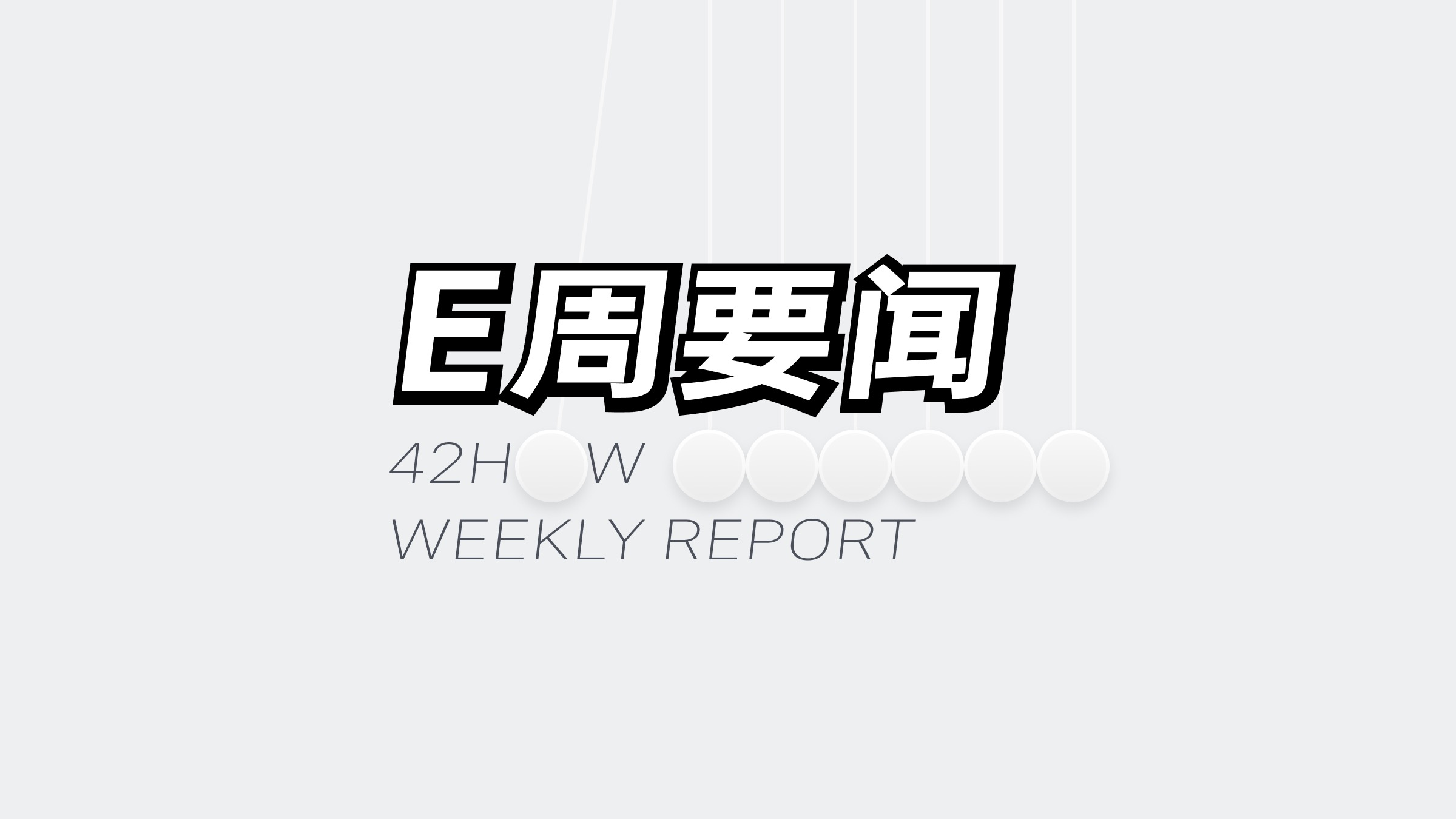Weekly Index
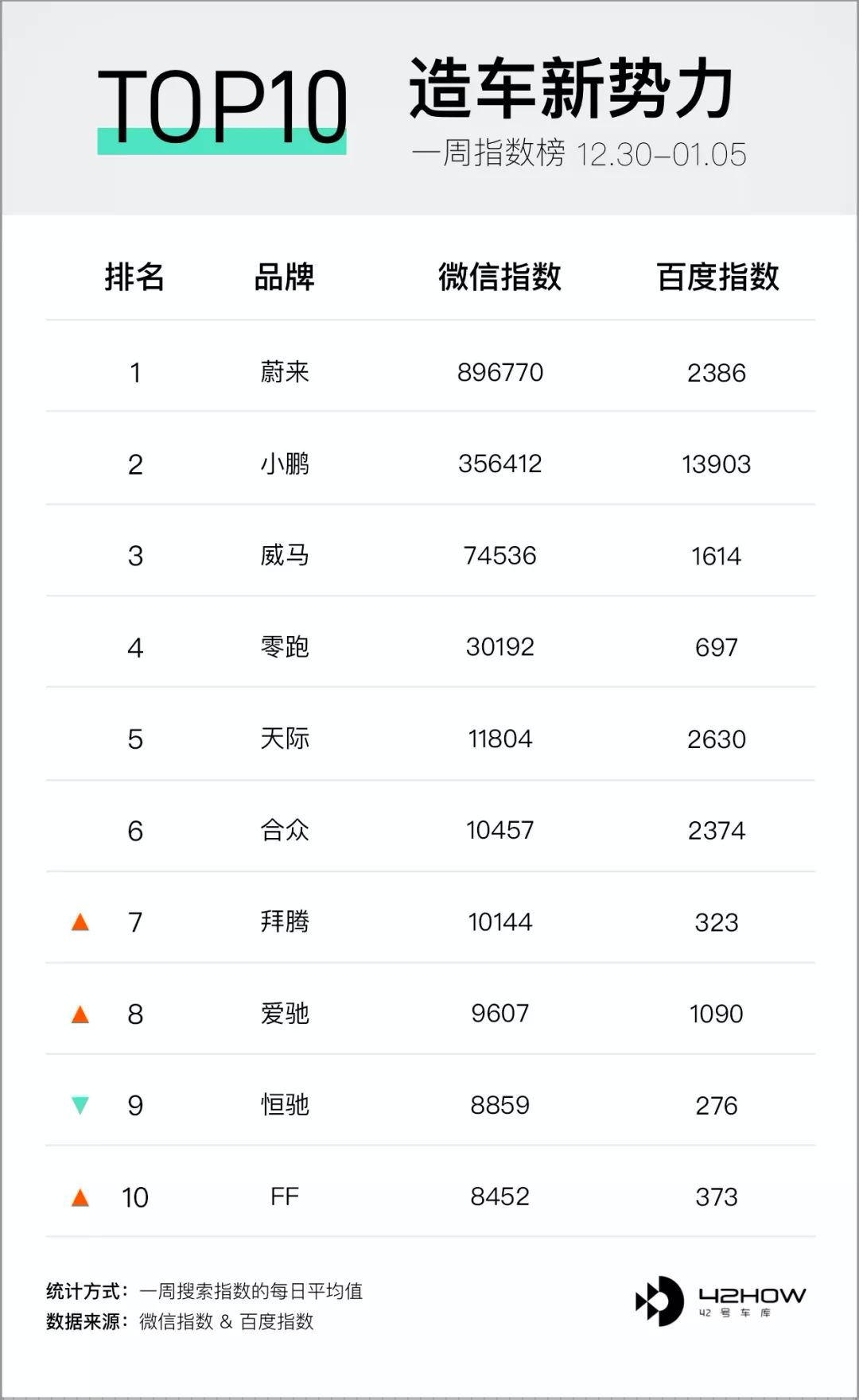
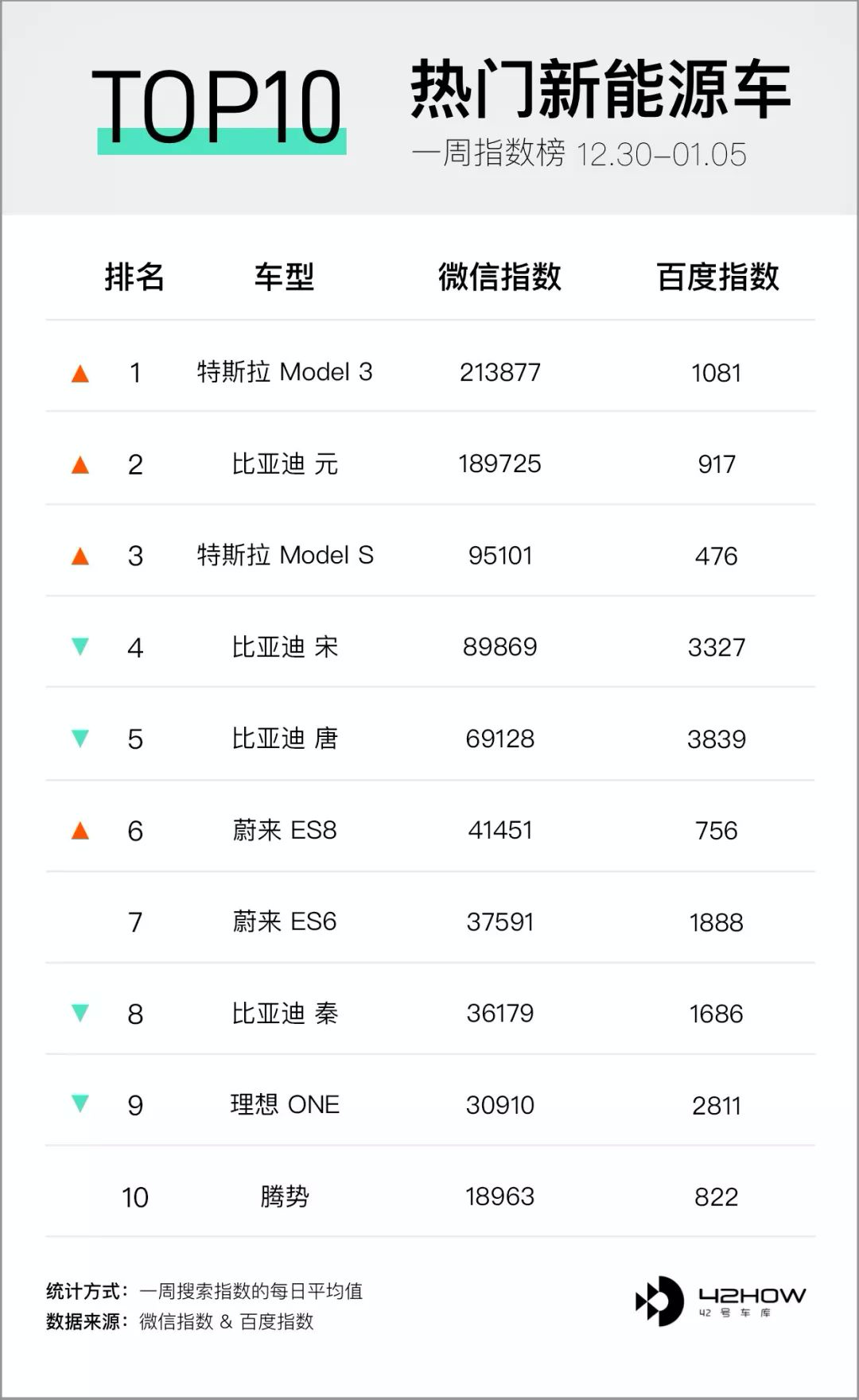
Weekly News
① Domestic Model 3 officially delivered, price dropped to 299,050 RMB
On December 30th, the Shanghai Tesla Gigafactory officially delivered the domestic version of the Model 3. A total of 15 vehicles were delivered, all of which were purchased by Tesla employees. Other customer vehicles will begin delivery on January 7th, 2020.
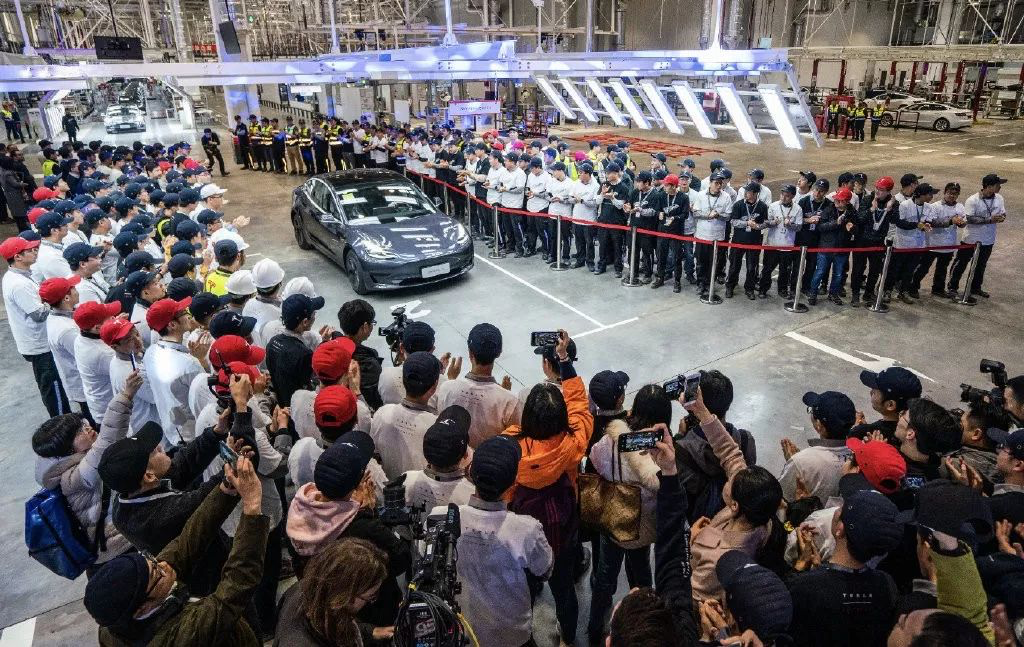
Just 4 days after the employee delivery, Tesla officially lowered the price of the domestic Model 3. After subsidies, the price dropped to 299,050 RMB.
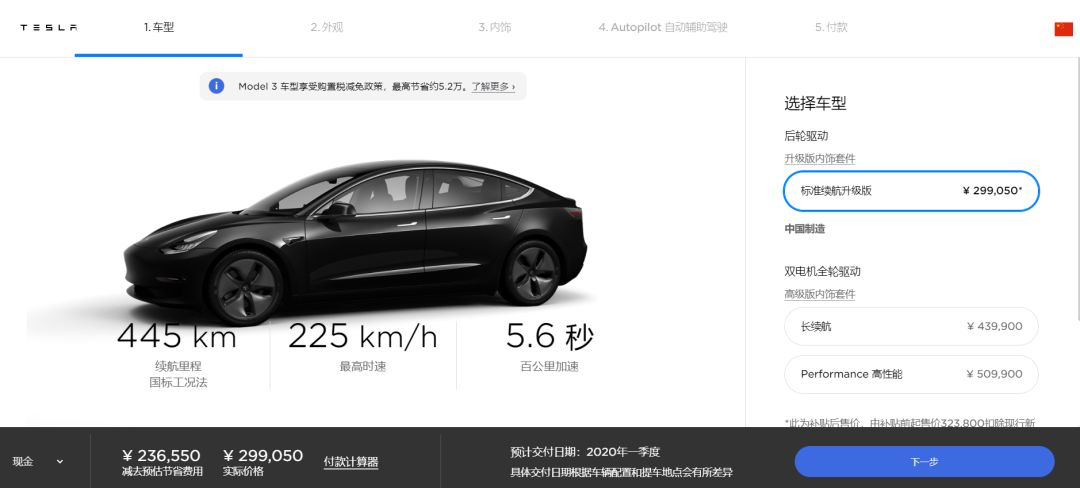
Quick Comment: If establishing a Gigafactory in China represents Tesla’s official “arrival at our doorstep”, then this price drop is Elon Musk’s “first strike” against many domestic competitors. In addition, to optimize the customer experience, Tesla’s Global Vice President, Tao Lin, stated in an interview after the delivery ceremony that faster V3 Supercharging Stations will gradually be promoted nationwide, replacing existing charging stations.
We have already tested its performance in Shanghai Jin Qiao, and the charging speed has significantly improved compared to V2. This further shortens the distance from the fuel replenishment speed of gasoline vehicles. It is inevitable to wonder how fast it will be when V4 and V5 arrive.
② NIO releases Q3 financial report
On December 30th, 2019, NIO officially announced its financial report for the third quarter, with the following core information:
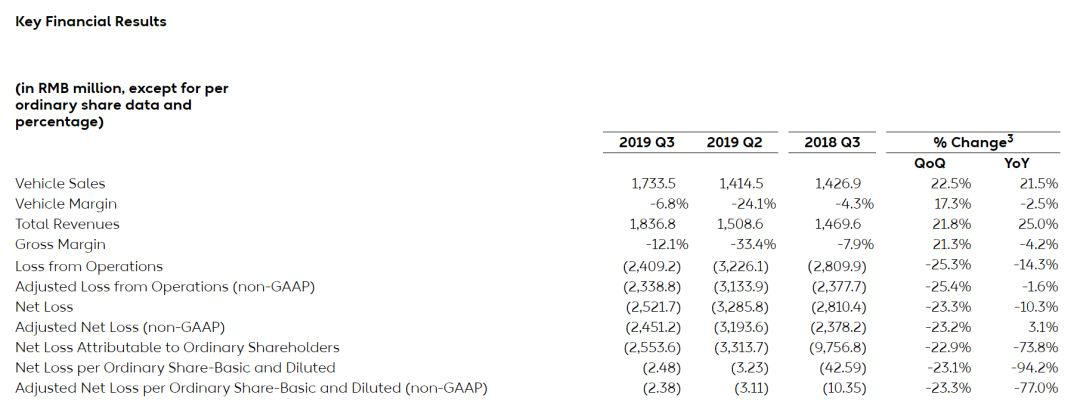 – A total of 4,799 vehicles were delivered in the third quarter, including 603 ES8s and 4,196 ES6s, representing a growth of 35.1% from the previous quarter. The sales generated a revenue of RMB 1.7335 billion, a QoQ growth of 22.5% and a YoY growth of 21.5%.
– A total of 4,799 vehicles were delivered in the third quarter, including 603 ES8s and 4,196 ES6s, representing a growth of 35.1% from the previous quarter. The sales generated a revenue of RMB 1.7335 billion, a QoQ growth of 22.5% and a YoY growth of 21.5%.
- The total sales revenue in the third quarter reached RMB 1.8368 billion, a YoY increase of 25%.
- The sales and management expenses in the third quarter were RMB 1.1644 billion, a QoQ decrease of 18.1% and a YoY decrease of 30.3%.
- The gross profit margin in the third quarter was -12.1%, improved from -33.4% in the second quarter. After deducting the recall costs, the gross profit margin was -10.9%, compared to -7.9% in the same period last year.
- As of September 30, 2019, NIO had a total of RMB 1.9067 billion in cash, cash equivalents, restricted cash, and short-term investments. The revenue is expected to increase by 53% QoQ.
- NIO expects to deliver a total of 8,000 ES8s and ES6s in the fourth quarter, a 66.7% increase from the third quarter. The revenue is expected to increase by approximately 53% QoQ.
Comment: Since the launch of its first mass-produced car, the ES8, in 2017, NIO has been facing doubts from all walks of life, with “service” being the most doubtful. However, as the delivery volume continues to climb, the market has given an answer. The high service costs have also been spread to more users with the increase in delivery volume, which is undoubtedly good news for NIO, which is still in a loss-making state. However, as growth continues, challenges to the quality of NIO’s “service” also arise, and finding a balance in this will be NIO’s new challenge.
Summary of IDEAL’s First Month Delivery and Production Status
As of December 31st, IDEAL has produced a total of 1,530 IDEAL ONEs, with more than 1,000 units delivered, setting a new record among the new car-making forces. In addition, Li Xiang himself announced that an OTA upgrade will be provided to users in March.
Comment: In terms of delivery volume, IDEAL has set a new record in the new car-making players. However, from the problems reported by owners on the network, there is still room for improvement for IDEAL ONE. But according to the news that OTA upgrade will be provided to users in March, IDEAL has identified the current problems and has started to solve them.>
Currently OTA has become a standard configuration for most new carmakers, the convenient upgrade method not only saves after-sales costs for the companies, but also makes it possible for car companies to provide customers with updated optimization plans as soon as possible.
④ XPeng Motors will cooperate with Didi’s car service platform
Following the cooperation with NIO Power, XPeng Motors has taken new actions. Recently, XPeng Motors has reached a cooperation agreement with Didi’s car service platform Xiaoju Car Serivce. XPeng Motors CEO He XPeng forwarded the Weibo and commented “Very happy to get recharged with Xiaoju”.
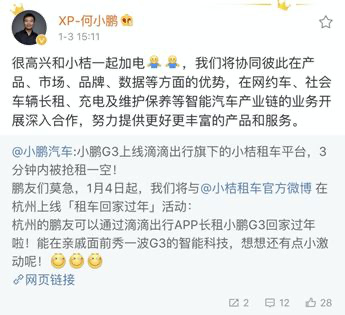
There are two main points:
– XPeng Motors will provide personal users with long-term rental services through Xiaoju’s rental platform.
– Xiaoju Car Service’s fully-decorated subsidiaries such as Xiaoju Charging and Xiaoju Maintenance, and XPeng Motors have reached cooperation in the fields of energy and maintenance.
Comment: Leasing is a good choice for brand promotion, customers can get a complete vehicle experience at a lower cost, while it can also become a new profit growth direction for the company. In addition, the cruising range is still a key focus for consumers when purchasing new energy vehicles.
In order to make users accept electric vehicles, Xiaoju can bring two advantages to XPeng, which are brand promotion and relief of range anxiety. However, this also poses challenges to the management of entire vehicle resources, the obstacle of interoperability between different brands’ charging piles, and balancing other brands’ customer experience with their own. I believe this is also the purpose of XPeng choosing Xiaoju as a partner.
⑤ Porsche cooperates with Israeli assisted driving supplier TriEye
According to the foreign media THD TIMES OF ISRAEL, the Israeli start-up TriEye has received investment from the German car manufacturer Porsche in the A round of financing. The company said that the two sides will cooperate in the field of driver assistance systems (ADAS) and autonomous driving cars (AV).
TriEye has developed a high-definition camera based on CMOS chips and short-wave infrared (SWIR), which provides driving assistance for drivers in bad weather. The camera is very small in size, has higher resolution and low price. At present, the company’s CEO Avi Bakal said that this solution has been able to achieve mass production.> Quick Comment: Currently, BOSCH, Mobileye, and Tesla are the companies that have significant influence in the field of assisted driving. TriEye is undoubtedly a new player in this field. However, considering the investment from Porsche that has been received, as well as the CEO’s claim of mass production capability and lower cost, it is clear that the company has certain technological reserves and research and development capabilities in the field of assisted driving. If the two companies work together properly, I believe it can bring better prospects for the future development of both sides.
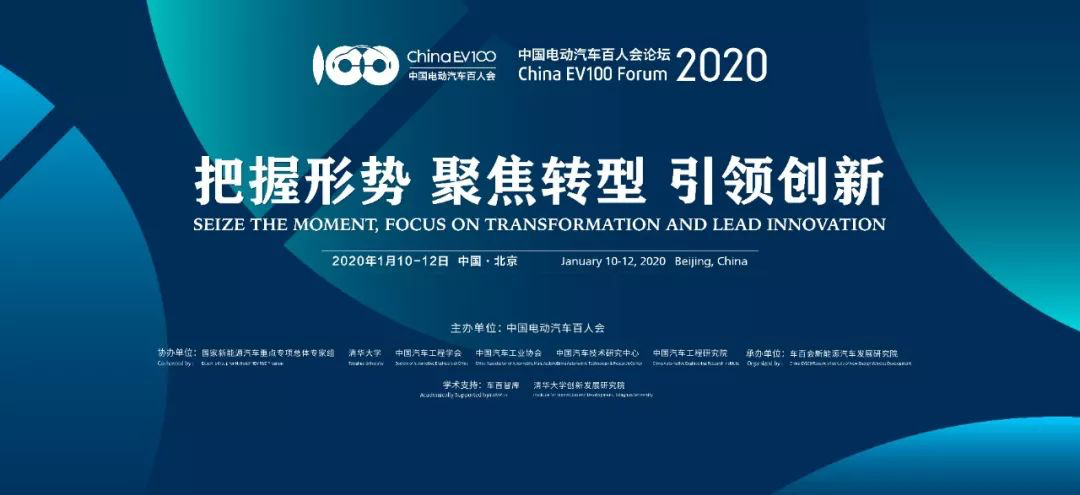
This article is a translation by ChatGPT of a Chinese report from 42HOW. If you have any questions about it, please email bd@42how.com.
